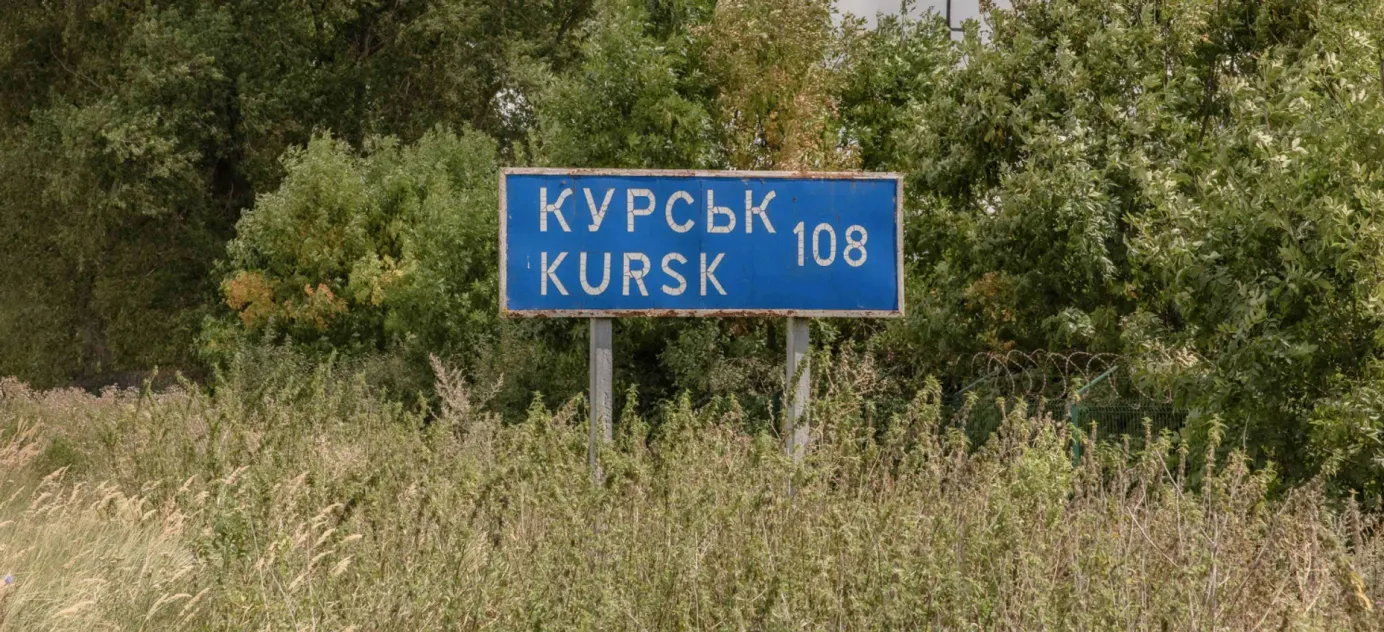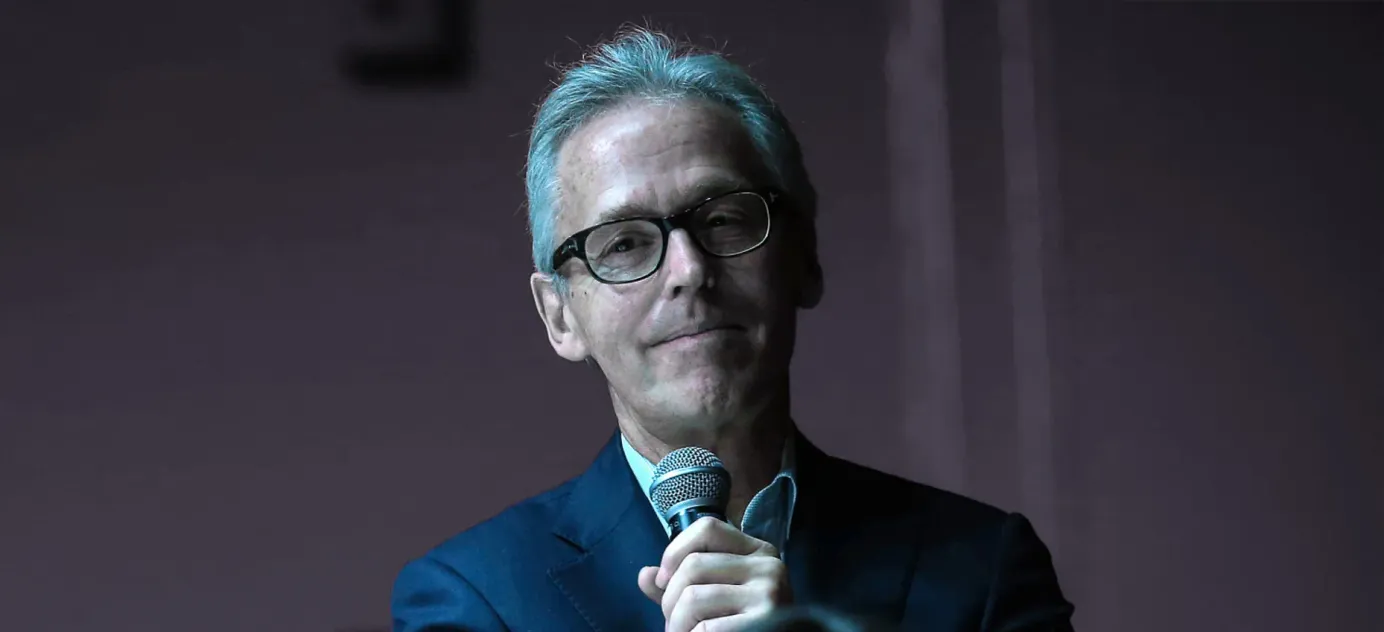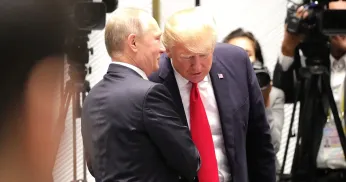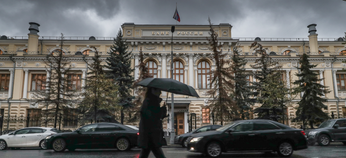
Un spécialiste des relations publiques est nommé gouverneur de Koursk
La région russe de Koursk, partiellement occupée par les forces ukrainiennes, a reçu son deuxième nouveau gouverneur en moins d'un an. L'armée russe n'a pas réussi à reprendre la région depuis que les troupes ukrainiennes ont franchi la frontière en août, et elle est confrontée à une catastrophe sociale qui a contraint les habitants à de rares manifestations publiques. Le nouveau gouverneur de la région est Alexander Khinshtein, un homme politique très en vue qui, ces dernières semaines, s'est avéré plus populaire que plusieurs vieux routiers du Parlement.
- Il est rare que la nomination d'un gouverneur russe fasse la une des journaux internationaux, mais le cas de Khinshtein est une exception. Partiellement occupée, la région frontalière occidentale est actuellement la plus sensible de tout le pays pour le Kremlin. Les troupes russes tentent de chasser les forces ukrainiennes, tandis que les troupes de Kiev ont reçu l'ordre de maintenir leurs positions à tout prix avant l'investiture du président américain élu Donald Trump. Si elles y parviennent, le contrôle de la région pourrait être une carte importante que l'Ukraine pourrait jouer dans toute négociation de cessez-le-feu.
- Pour les autorités locales russes, la situation humanitaire dans la région de Koursk reste difficile. Plus de 100 000 personnes vivant le long de la frontière ukrainienne ont dû quitter leur domicile et s'installer dans des centres d'hébergement temporaire ou des appartements loués. En novembre, des dizaines de personnes déplacées ont exprimé leur colère face à la lenteur apparente avec laquelle les autorités délivrent des certificats de logement afin de les dédommager pour l'achat de nouvelles maisons. Les habitants se plaignent également de ne pas avoir reçu les aides promises, pouvant aller jusqu'à 1 500 dollars, pour ceux qui ont perdu leur maison ou l'ont partiellement endommagée. Il semble que le Kremlin ait estimé que le précédent gouverneur, Alexei Smirnov, en poste depuis à peine 200 jours, n'était pas en mesure de faire face à la tâche. Le secrétaire de presse de M. Poutine, Dmitri Peskov, l'a indirectement confirmé en déclarant que M. Khinshtein avait été nommé gouverneur par intérim en raison de la nécessité de "gérer la crise" dans la région.
- M. Khinshtein, qui dirige la commission de l'information de la Douma d'État, a été presque plus visible que le président du Parlement, Vyacheslav Volodin, au cours des derniers mois. M. Khinshtein a annoncé le ralentissement de YouTube, a publié puis est devenu le principal défenseur de la dernière loi sur la propagande LGBT, et a été le principal porte-parole des lois durcissant le cadre relatif aux agents étrangers. En outre, ses commentaires publics indiquent qu' il agit en tant qu'agent de relations publiques pour Viktor Zolotov, commandant de la Garde nationale.
Pourquoi le monde doit-il s'en préoccuper ?
Le chef de la région de Koursk est l'un des rares postes de gouverneur russe à bénéficier d'un profil fédéral et de l'oreille de Vladimir Poutine. L'exemple de Vyacheslav Gladkov, le gouverneur de la région voisine de Belgorod, qui subit fréquemment des bombardements ukrainiens et des attaques de drones, est révélateur. À la fin de l'année 2023, il figurait parmi les dix hommes politiques les plus cités dans les médias russes, devant plusieurs personnalités, dont l'ancien président et faucon Dmitri Medvedev. M. Khinshtein a toutes les chances de se faire encore plus remarquer.










